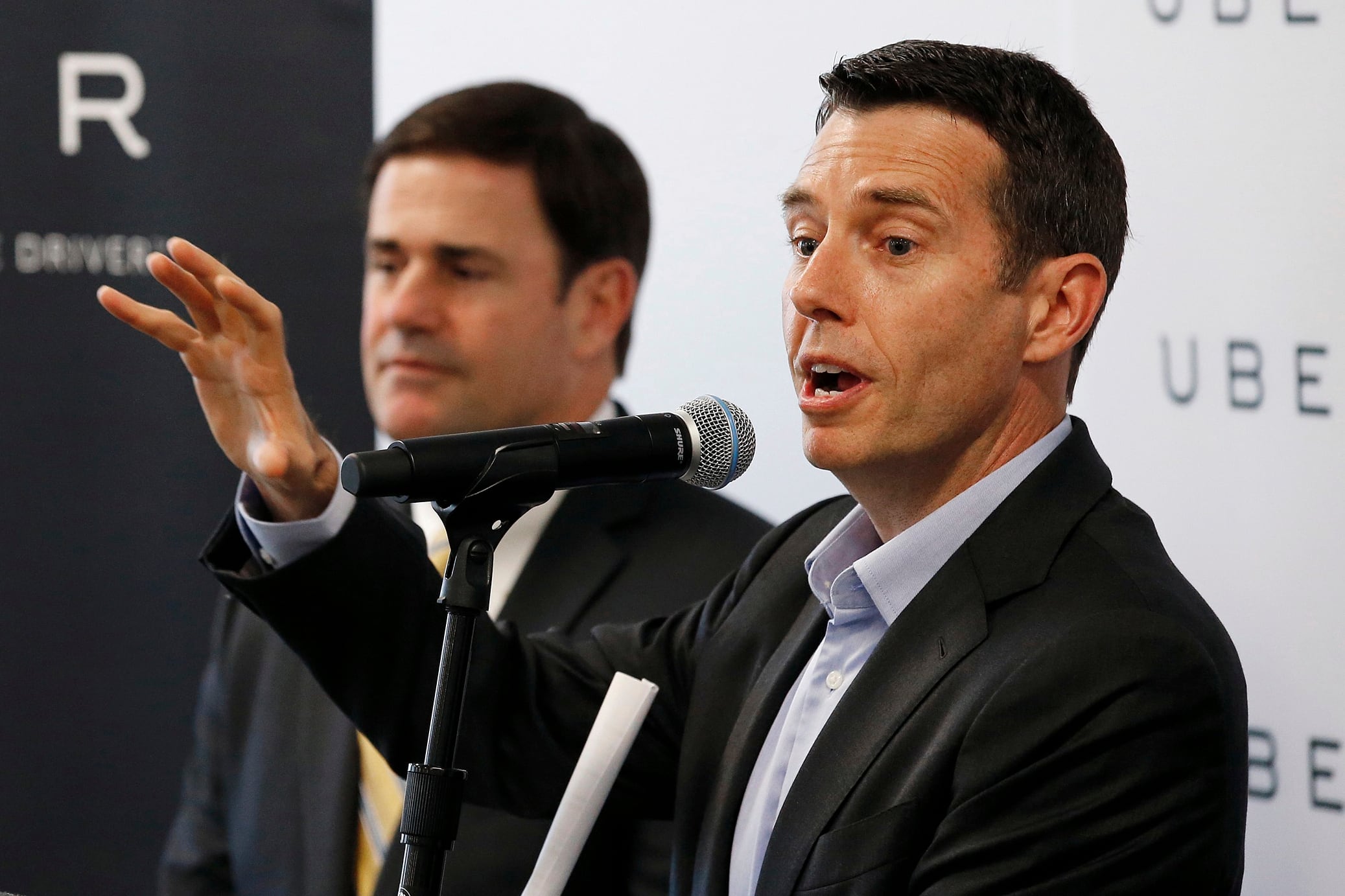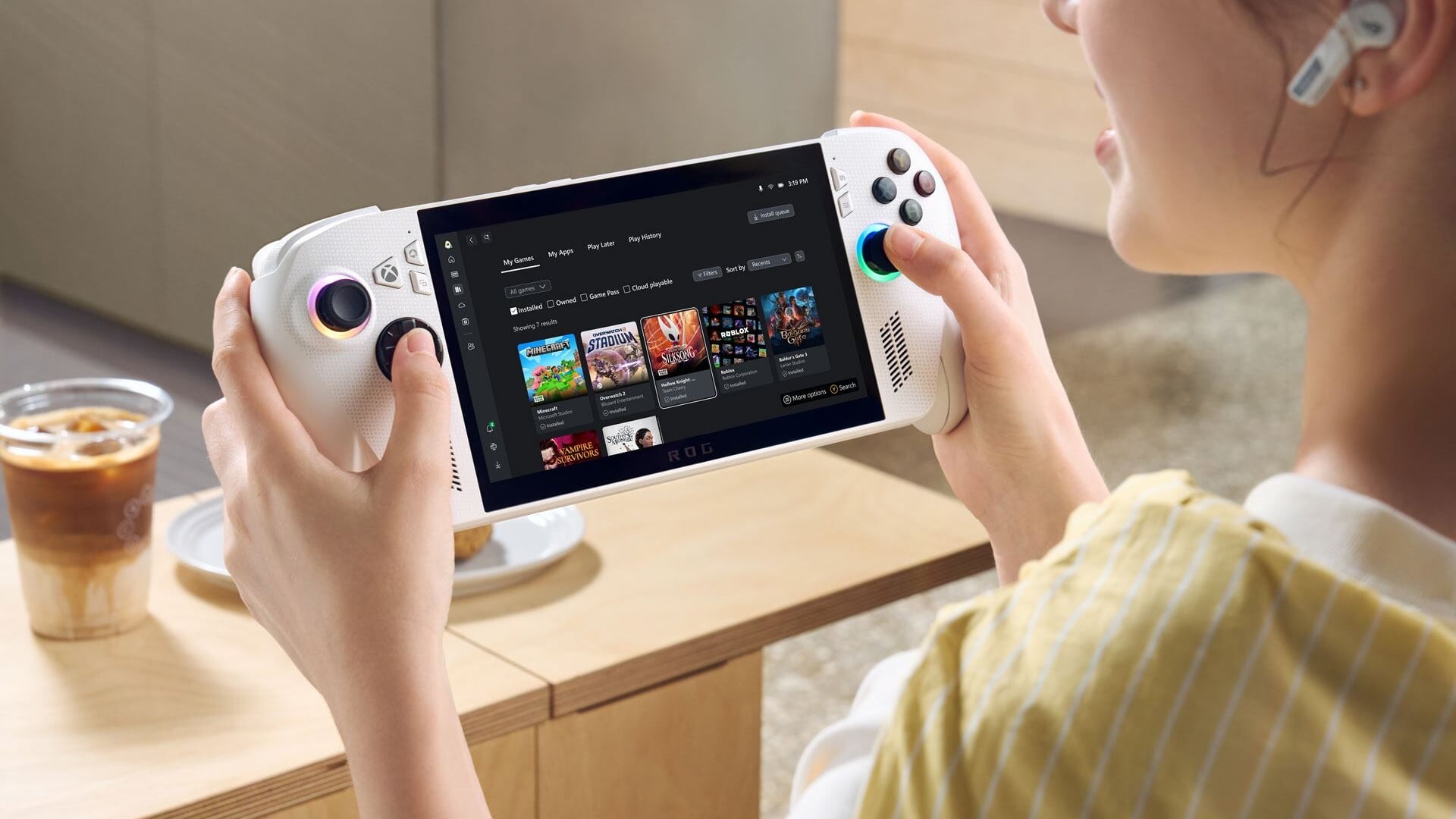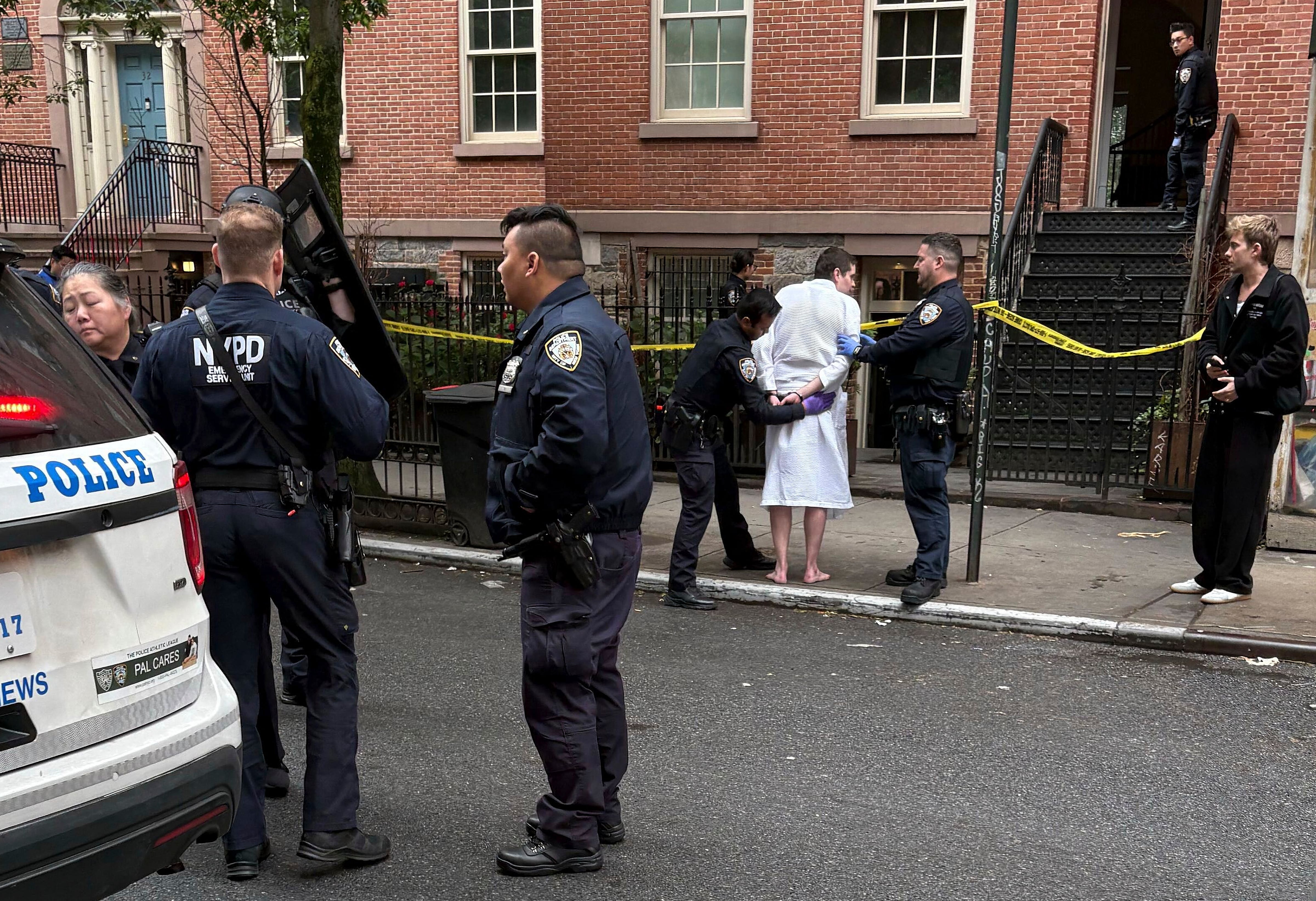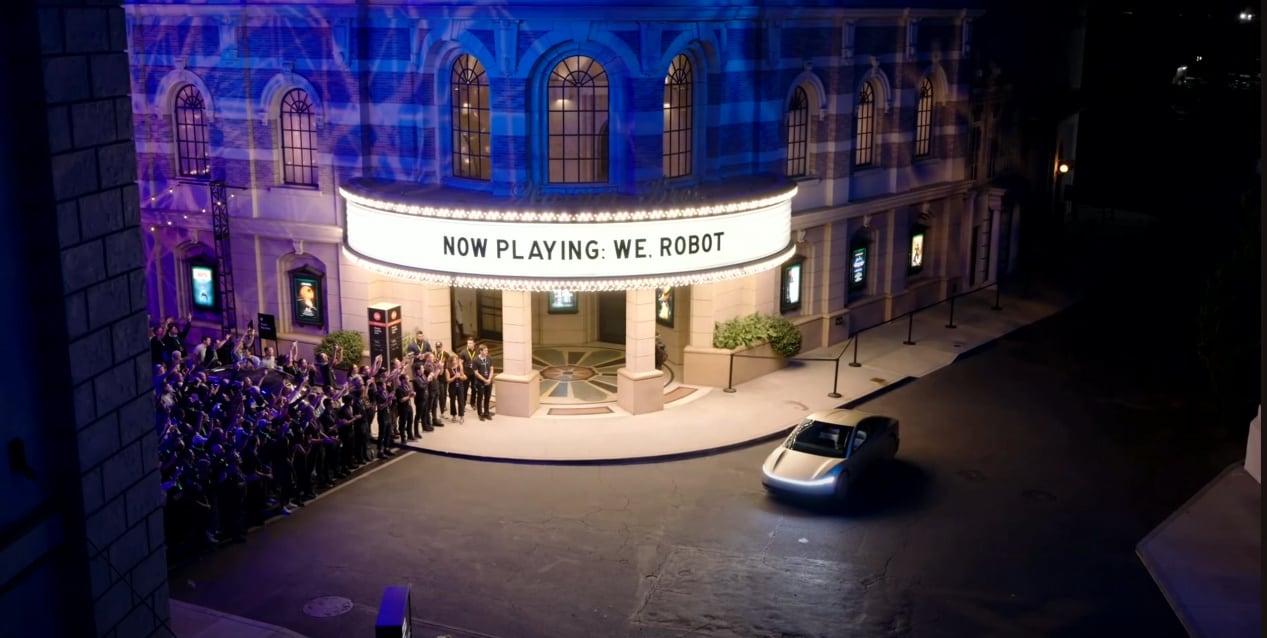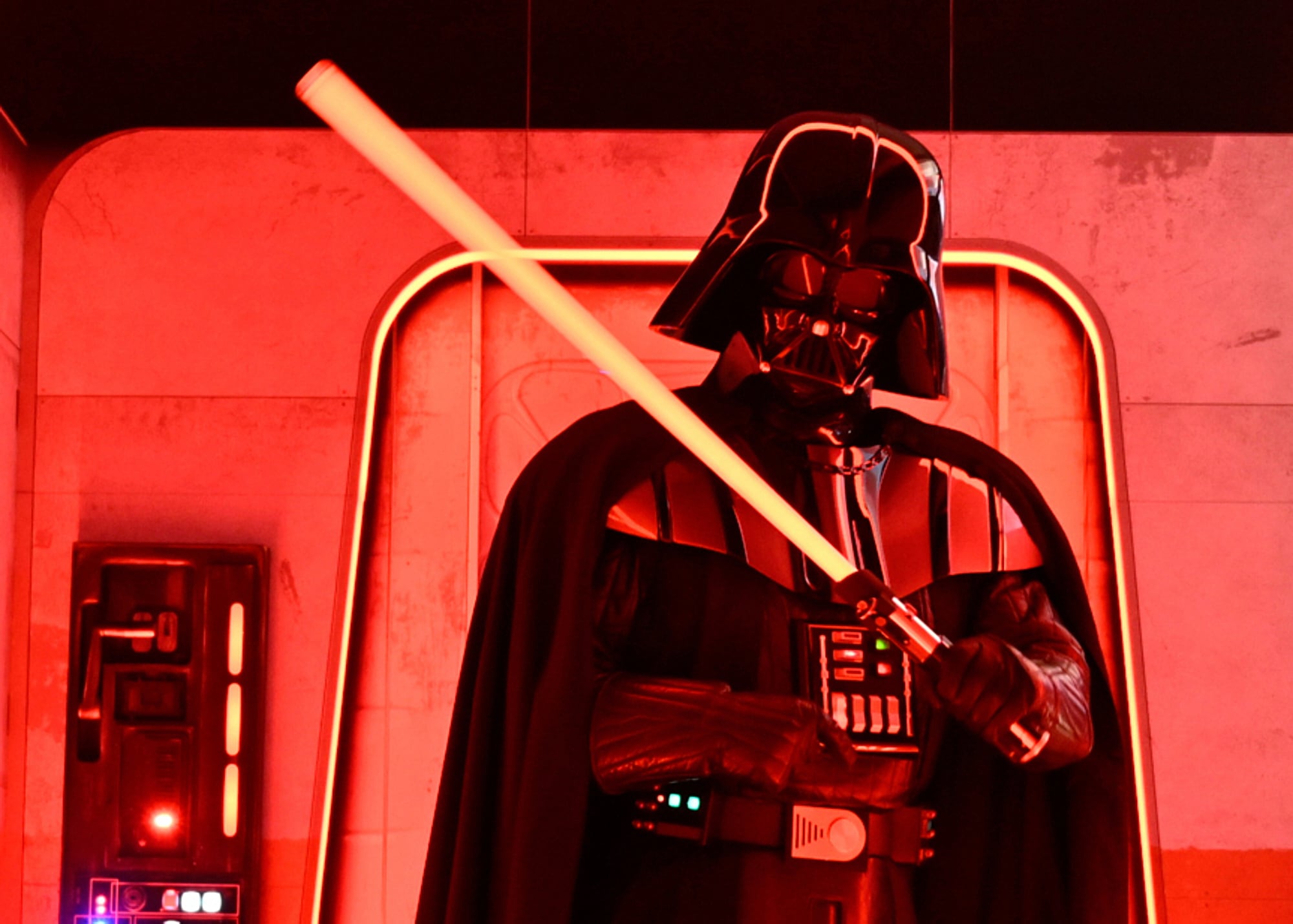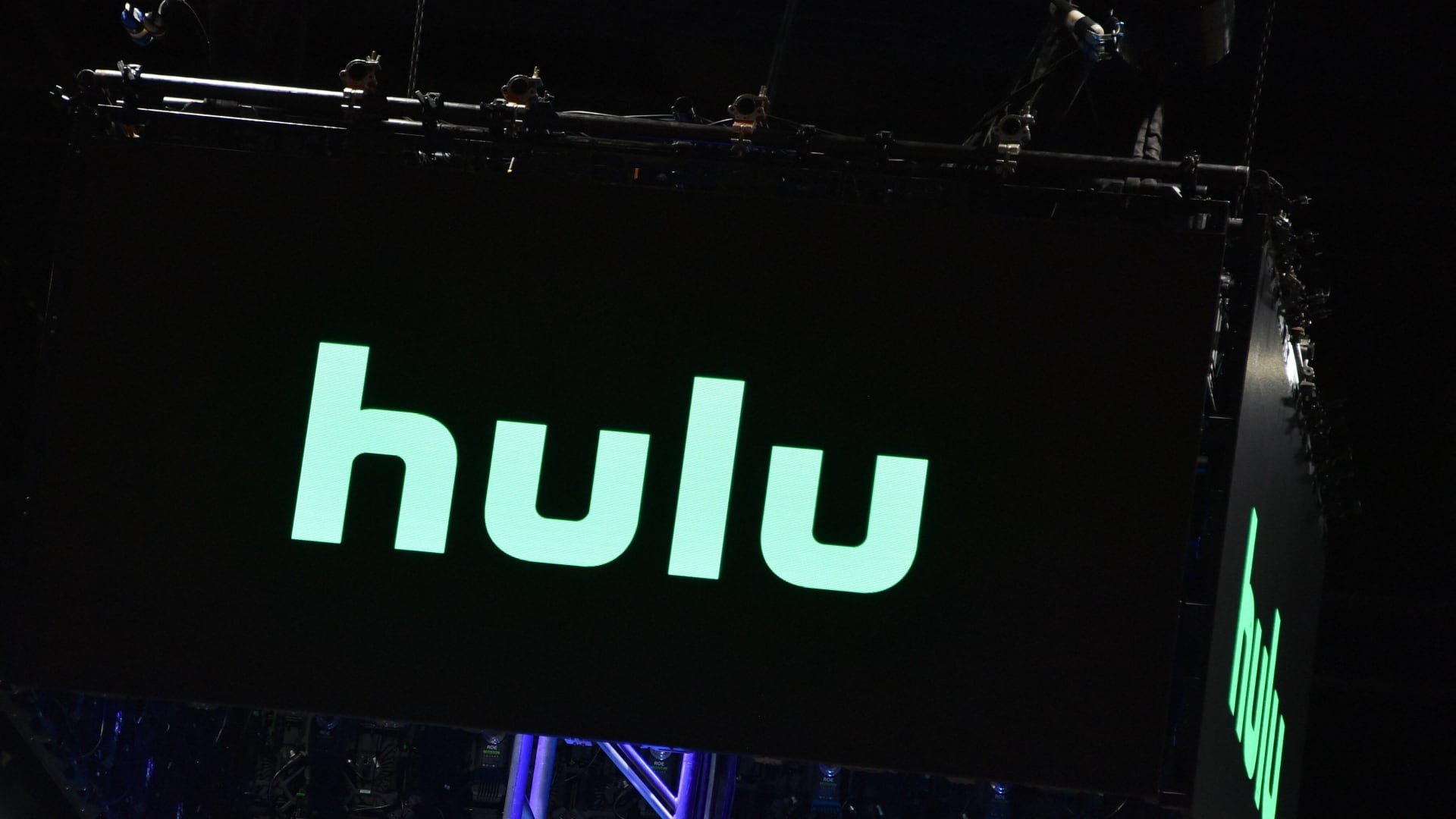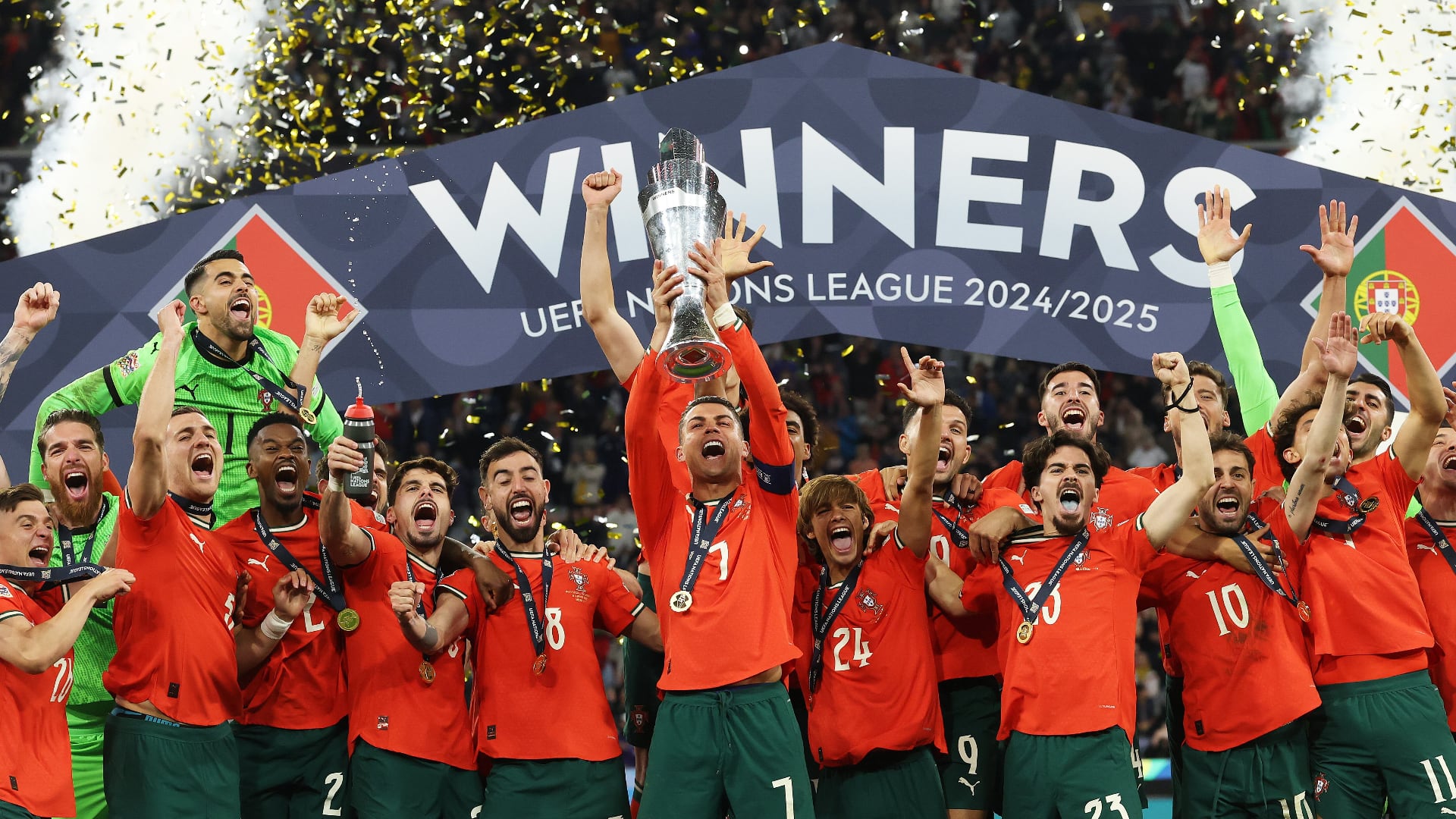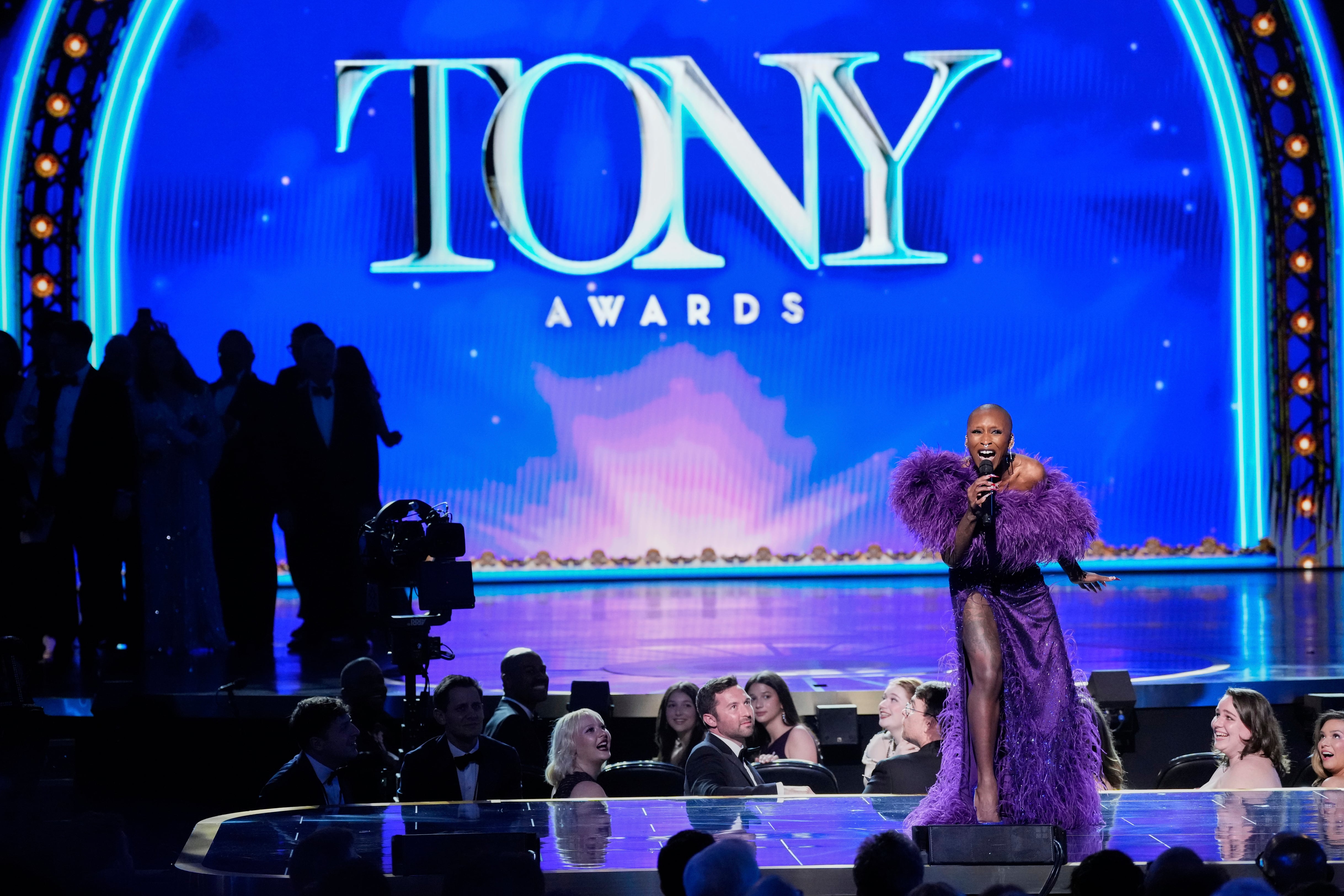*By Michelle Castillo* Influencer marketing company IZEA Worldwide is expanding into Latin America with the acquisition of FLUVIP. IZEA ($IZEA) announced on Wednesday it was entering into a non-binding letter of intent to buy all outstanding shares of FLUVIP Ventures, a Latin American-focused influencer marketing company. FLUVIP has more than 100,000 influencers it works with that focus on Latin American and U.S. Hispanic consumers. The terms of the deal were not disclosed, but will consist mostly of stock payments. “While the LATAM advertising market is smaller that the U.S. market, digital spend is growing at two times the pace,” IZEA CEO Ted Murphy told Cheddar. “Influencer marketing is not as mature in the region and is significantly less fragmented than it is in the U.S. We see a big opportunity for software as most influencer marketing is done by agencies.” Companies are projected to spend between $5 billion and $10 billion in influencer marketing by 2022, [according to Business Insider Intelligence](https://www.businessinsider.com/the-influencer-marketing-report-2018-1f). There are about 55 million U.S. Hispanics according to PWC, and they're a potential mobile-first customer . he group [is expected](https://www.pwc.com/us/en/services/consulting/library/consumer-intelligence-series/hispanics.html) to make up one-third of the U.S. population by 2060. U.S. Hispanics spend almost 10.5 hours per week online using their smartphones, [per eMarketer](https://www.emarketer.com/Report/US-Hispanics-2016-Who-They-Are-What-Theyre-Doing-on-Digital-Ad-Spending-Reach-Them/2001794 ). For comparison, the general U.S. population spends 8.4 hours online per week. About half of Hispanic millennials talk about brands with friends online or use a brand hashtag on social media compared to 17 percent of non-Hispanics, according to a survey [completed by Viant](https://www.viantinc.com/news/blog/everything-you-need-to-know-about-hispanic-millennials/).
